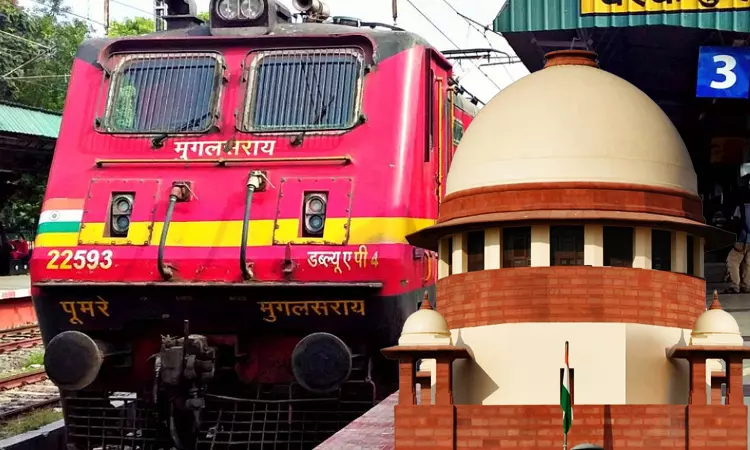The Supreme Court reiterated that in railway accident compensation claimants, if the compensation claimed is less than the compensation prescribed as on the date of the decision, then they are entitled to the higher amount.The claimants claimed Rs. 4 Lakhs compensation as applicable on the date of the incident (of the year 2003) as per Schedule I of the Railway Accidents (Compensation)...

